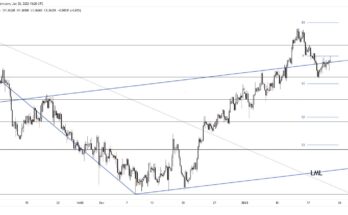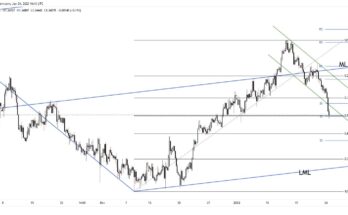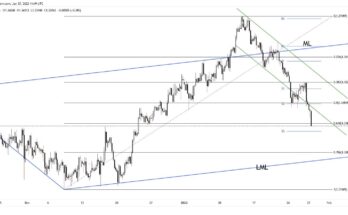The focus for financial markets was well and truly on the Greece/EU talks this week. As of the time of writing, there is still no agreement between Greece and EU creditors, but finance ministers meet at 3pm today to decide whether or not to accept the bailout extension plans proposed by Greece on Thursday.
Germany rejected the proposed bailout extension plans put forward by Greece yesterday, despite a few concessions being made. It was described by one German finance ministry spokesman as “not a substantial proposal for a solutionâ€. If talks take a bad turn and no agreement is reached by the end of the day, or by the end of the weekend, we may see carnage in financial markets come Monday morning.
By Alex Edwards at UKForex, an international money transfer service
In other news this week, the ECB released their first ever set of minutes from the last monetary policy meeting. They didn’t really surprise. The central bank’s governing members were unanimous in their vote to purchase government bonds, although the minutes did say that they had considered buying corporate bonds.
The US Fed and Bank of England also released their minutes. The Fed indicated there was no rush to hike interest rates at their last monetary policy meeting. The word “patient†remained in the statement (in reference to the future path for interest rates) as members believed that removing it would skew market sentiment.
The Bank of England minutes showed that MPC members once again voted unanimously to leave interest rates on hold earlier this month. The minutes also indicated that the slowdown in inflation would be temporary, going on to say, “absent further such movements in commodity prices or sterling, the effects of these factors on 12-month CPI would dissipate towards the end of 2015, causing inflation to pick up towards the target fairly sharply.â€
This statement plays into GBP’s positive week, with the pound moving even higher towards 1.55 against the dollar following the release of a plethora of positive economic data releases. To start with, the UK’s average earnings index rose by 2.1% in the year to December vs. expectations for 1.7%. Although it wasn’t a hugely impressive number, the trend over the last few months has been higher. Moreover, it shows that average wage growth in the UK continues to outstrip the rate of inflation, good news for households and good news for the government as election time approaches. Other data showed that January’s claimant count fell by 38,600 whilst the unemployment rate fell to 5.7% against expectations for 5.7%.
Direction and FX market movements will largely depend on whether Greece reaches any agreement with EU finance officials over the weekend. It could therefore be a volatile period for markets on Monday. Both ECB President Draghi and Fed Chair Yellen will then be speaking later in the week, and there’s sure to be reaction to this weekend’s events. Yellen is due to testify before the Senate Banking Committee on Tuesday and Wednesday and Draghi will be testifying on the ECB Annual Report 2013 before the European Parliament on Wednesday. US inflation data is then released on Thursday, followed by US Prelim GDP on Friday.
In this week’s podcast, we cover Questions for traders, State of Fed, Greek crisis, oil, gold and GBP
Subscribe to our iTunes page



